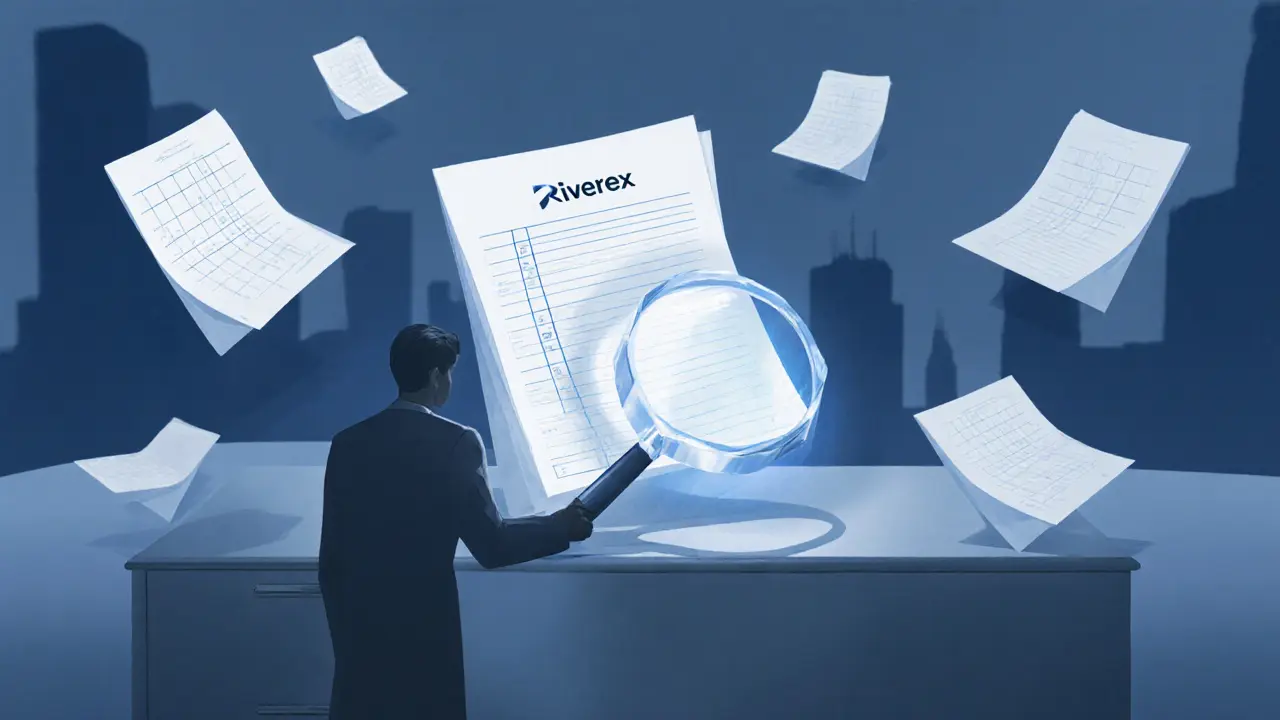Bitcoin exchange security: What you need to know
When working with Bitcoin exchange security, the collection of technical, procedural, and regulatory safeguards that keep Bitcoin trading platforms safe. Also known as BTC exchange safety, it protects users' funds, data, and reputation from attacks and compliance failures.
Every cryptocurrency exchange, a platform that lets people buy, sell, and trade digital assets relies on three core pillars: encryption, user verification, and asset isolation. Bitcoin exchange security encompasses robust encryption protocols that hide private keys from prying eyes, while multi‑factor authentication, an extra layer that requires two or more proofs of identity stops attackers even if passwords are stolen. Cold storage, defined as cold storage, offline wallets that keep private keys away from the internet, further reduces the attack surface by keeping the majority of assets offline. These tools work together: encryption secures the data in transit, MFA verifies the user, and cold storage isolates the bulk of the funds.
Regulatory compliance adds another dimension. KYC compliance, the process of verifying a user’s identity to meet anti‑money‑laundering rules influences how exchanges design their onboarding, transaction monitoring, and data retention. When KYC is well‑implemented, it deters illicit activity and builds trust with regulators, which in turn can lower insurance premiums for the platform. The relationship between compliance and security is clear: strong KYC workflows feed accurate risk scoring, allowing exchanges to apply stricter controls where needed. Together, encryption, MFA, cold storage, and KYC create a layered defense that makes it harder for hackers, thieves, or rogue insiders to succeed.
Below you’ll find a curated set of articles that break down each of these elements in detail. From deep dives on nonce ranges and mining difficulty to hands‑on reviews of Japanese and global exchanges, the collection shows how the concepts above play out on real platforms. Keep reading to see practical tools, fee analyses, and security checklists that can help you pick a safe Bitcoin exchange and protect your crypto investments.

